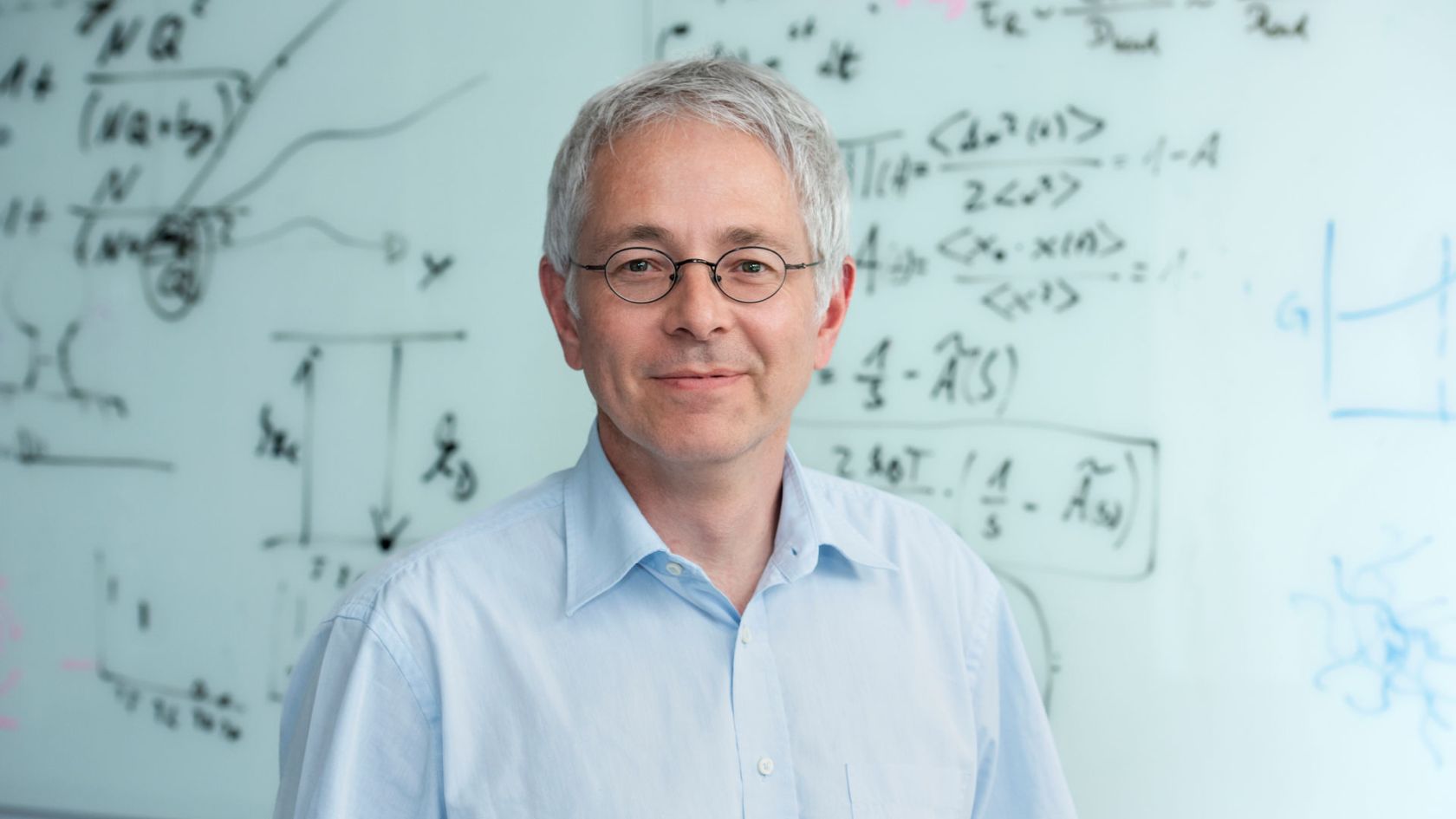Upcoming Event: Molecular BioPhysics Seminar Series
Ben Schuler, University of Zurich
3:30 – 5PM
Monday Nov 3, 2025
POB 6.304
The functions of proteins have traditionally been linked to their folded structures, but many proteins perform essential functions without being folded. Quantifying the highly dynamic and conformationally diverse ensembles of these intrinsically disordered proteins (IDPs) and their interaction mechanisms is an important aspect of understanding their functions. A remarkable example are highly charged IDPs, which can form high-affinity interactions but retain their disorder in the complexes. I will illustrate how combining advanced single-molecule spectroscopy with molecular simulations and other biophysical methods can reveal the dynamics, interactions, and phase separation of disordered proteins.References:
Borgia et al. (2018) Extreme disorder in an ultrahigh-affinity protein complex. Nature 555, 61-66
Sottini et al. (2020) Polyelectrolyte interactions enable rapid association and dissociation in high-affinity disordered protein complexes. Nat. Commun. 11, 5736
Heidarsson et al. (2022) Release of linker histone from the nucleosome driven by polyelectrolyte competition with a disordered protein. Nat. Chem. 14, 224-231
Galvanetto, Ivanović et al. (2023) Extreme dynamics in a biomolecular condensate. Nature 619, 876-883
Galvanetto et al. (2024) Material properties of biomolecular condensates emerge from nanoscale dynamics. Proc. Natl. Acad. Sci. USA 122, e2424135122
Ben Schuler is Professor of Molecular Biophysics. He joined the department as Assistant Professor in 2004 and was promoted to Full Professor in 2009. From 2016 to 2020, he was also Head of Department.
He investigates the dynamics, folding, and function of proteins with a close combination of biochemical and biophysical methods, in particular single molecule spectroscopy.
Ben Schuler studied Chemistry and Biochemistry at the University of Regensburg, Germany, and at the University of Kent, UK. He received his PhD in Physical Biochemistry from the University of Regensburg in 1998 and did his postdoctoral research in the Laboratory of Chemical Physics at the National Institutes of Health in Bethesda, USA. Ben Schuler then headed an independent research group at the University of Potsdam in Germany supported by the Emmy Noether Program of the German Research Foundation.
